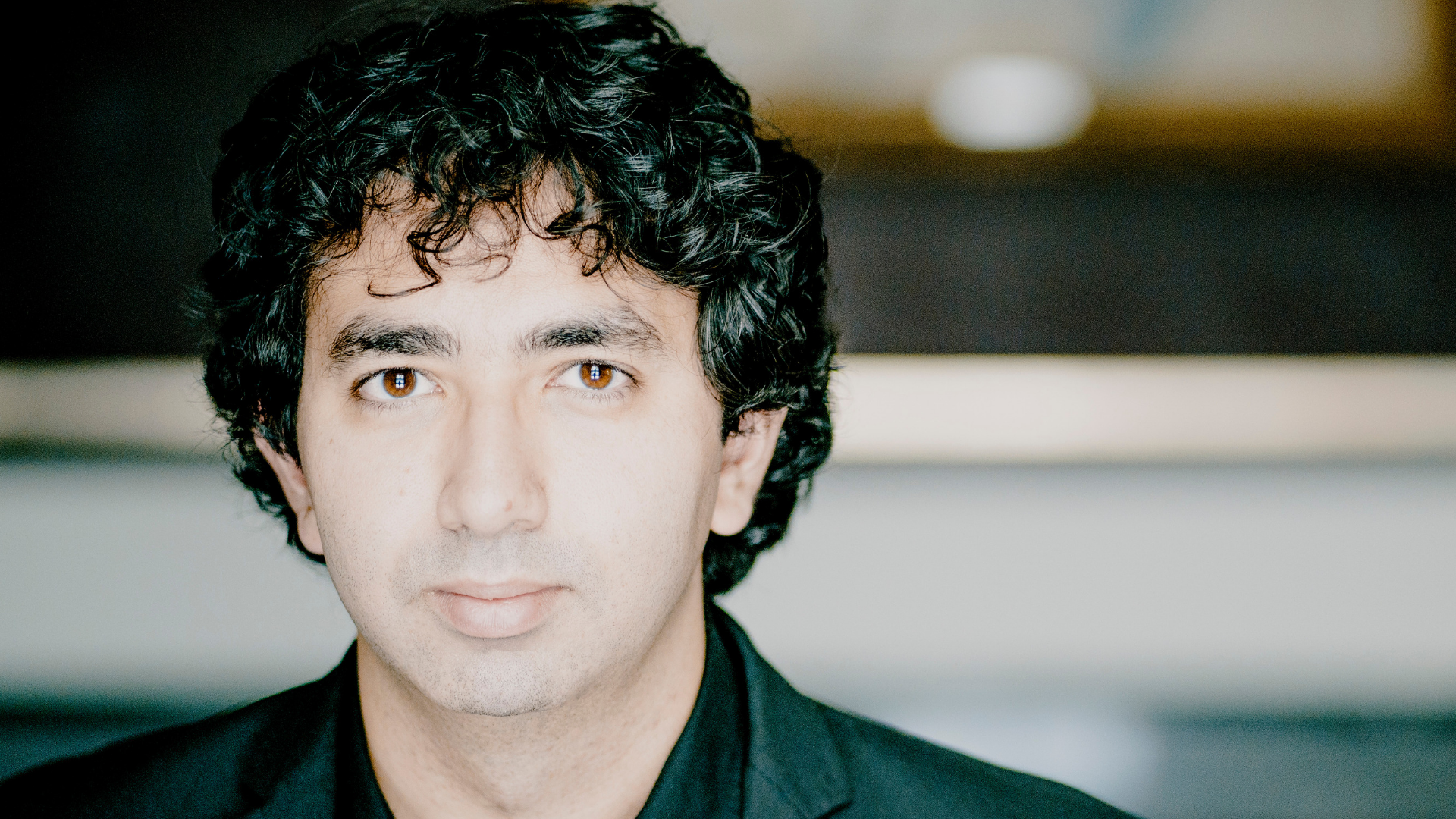Pianist Karim Said Establishes Classical Music Scene in Arab Countries
Karim Said
Pianist Karim Said moved to the UK from his native Jordan at age 11 without his family to study music. It is through this independence and the structure of Purcell School that have influenced his music-making.
His recent passion has been around Renaissance music and pursuing a project-based concert schedule by linking classical music to other art forms or curating programs with specific themes.
“We have a real need to provide a different context for classical music today as our conventional audiences within the traditional setting aren’t getting any younger,” Karim said.
Legacy – Early Musical Movement
Karim recently released his second album, Legacy on Rubicon Classics, which explores keyboard music from Elizabethan England, Twelve Tone music from Vienna and Berlin in the 1920s and Brahms’ Second Piano Sonata. The album features William Byrd and Schoenberg as comparable musical figures in history—both writing music under extreme social, ethnic and religious persecution with a strong influence on the subsequent generation of composers.
Schoenberg was very influenced by Brahms' music, particularly the piano music, and Brahms himself was very interested in Medieval and Renaissance music, in ways that look ahead to the Early Music movement that was to take off in the 20th century. Brahms forms a link between two very contrasting musical styles.
Although he was exposed to it at music school, it was a performance of Monteverdi’s L'incoronazione di Poppea at the English National Opera that really got Karim hooked on Renaissance music as a listener. So by the time he met Laurence Dreyfus, the renowned scholar, viol player and director of Phantasm, a few years ago, Karim was ready to get his teeth into this music and subsequently spent a lot of time learning from him as a mentor listening to Dreyfus’s ensemble’s performances, live and in recording.
“I find that the piano world is rather restricted as far as the range of repertoire is concerned and I wanted to use the modern piano as a tool for both revolutionary innovation (Schoenberg) and to present Renaissance music in a different context,” Karim said.
Karim thinks there is an opportunity to use the modern piano idiomatically to serve Elizabethan keyboard music, as there isn’t a rich tradition of performing this type of music on the modern piano, save Sokolov and Gould who ventured into this territory.
Bringing Early Music to Audiences Near and Far
Karim has always tried to keep in close touch with music societies in his native region, playing across the Arab World as often as he can. He has played in Beirut, Dubai, Abu Dhabi, Cairo, Ramallah, Bethlehem, and his hometown, Amman.
While he would like to continue giving solo recitals and concertos as often as possible, for 2018 he decided to establish a concert series and a new orchestra in Amman, with the aim of promoting western classical music to a nonwestern audience – celebrating its universal qualities and appeal first and foremost. This is his first series as an artistic director.
In 2019, he looks forward to expanding to a chamber orchestra, Etihad Chamber Orchestra, consisting of musicians who are not just from Jordan, but from neighboring Arab countries as well.
“I suppose it does give my sense of purpose a boost to know that I was most probably the first pianist to play keyboard music by Arnold Schonberg and William Byrd in several Arab countries. Widening audiences’ repertoire appreciation is essential, in my view, as is taking rarely performed music to places where classical music isn’t yet as established as it is in the West,” Karim said.
Continuing the promotion of this genre, Karim’s debut recital at the Aldeburgh Festival in June will feature only Elizabethan/Jacobean and Second Viennese music, played side by side and in some cases, combined together to form a new sound world.
“I find that when you spend a lot of time with both genres, the polarization of tonal and atonal music disappears,” Karim said.
Learn more about Karim by visiting his website.

